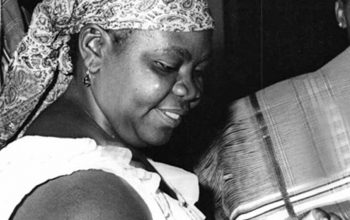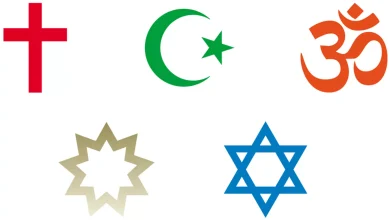Wedding or marriage?

DAR ES SALAAM: THE father of the groom is deeply preoccupied. He has been scratching his bald head like it owes him answers. His eyes are fixed on the two cows in the compound, the unlucky candidates he might soon sell or serve to guests.
The cows chew grass lazily, throwing the occasional knowing glance his way as if to say, “We heard about the wedding too.”
His mind wanders to the long list of wedding plans: The endless meetings, the hungry relatives and the ever-growing budget.
Didn’t a certain man of God once say big weddings aren’t necessary—especially if your wallet is still recovering from Christmas? He chuckles quietly, then smiles as his thoughts drift to the grandchildren the newlyweds might bless him with. Preferably many. Preferably soon.
A wedding is a major milestone for the newlyweds and a source of pride and joy for their families and extended clans.
It brings people togetherrelatives who haven’t seen each other in years, old friends, colleagues—all united to witness and celebrate love.
Love, that mysterious force that draws two people together, has become increasingly rare and precious in today’s world.
A wedding marks the moment when a man and woman commit to each other in marriage, vowing to stay together through good times and bad times, until death parts them. It is a deeply meaningful ceremony.
In the good old days, a wedding ceremony was simple, but the marriage was made to last. Before the actual wedding ceremony, different cultures had their own traditional pre-wedding activities that focused on educating, empowering and informing the couple on the tenets of a good marriage.
These focused on communication, respect, specific roles for husband and wife and wisdom to sort out marital issues amicably. Couples were advised to keep details about their marriages to themselves
. It was important that a marriage be able to weather and survive the turbulence and challenges encountered.
Even with infidelity, divorce was unheard of. A married couple commanded respect and had the approval of society.
These days, weddings have taken on a whole new look, more like a redcarpet event than a union of two hearts. It’s become a race of who can outdo who, with glitz, glam and a touch of unnecessary drama.
The bigger the pomp, the louder the applause and apparently, the higher the couple’s social ranking.
The actual wedding is now the grand finale of an entire festival of events. There’s the kitchen party, bridal shower, or send-off for the bride-to-be; the bag party for the groom (yes, that’s a thing); and don’t forget the basket (a collection of gifts or cash) for the mother of the bride or groom.
Of course, how extravagant all this gets depends entirely on the family’s budget…or how deep they’re willing to dig into their savings (or loans!). By the time a wedding is done, the couple is normally exhausted but content and relieved, looking forward to enjoying the real married life, happily ever after.
And yet, happily ever after has become increasingly difficult to attain.
With less emphasis on preparing couples for the practicalities of marriage, unmet expectations, different upbringings and frustrations from in-laws, presents challenges to the newly formed marital bond, as shown in the brief examples below:
Expectations around division of duties
The newlyweds wake up to the sweet chirping of the birds in their beautiful garden. It is the first morning in their matrimonial home after the honeymoon.
They both go straight to the living room, stretch themselves out on the sofa and think about breakfast. The husband looks at his new wife.
The wife looks back at her husband. Both expect the other to prepare this meal. Neither moves an inch.
The undomesticated wife
A week into their marriage, the couple has been eating food prepared by the maid.
The husband would love a meal prepared by his wife for a change. Eager to please, the wife makes several attempts to prepare a good meal but fails miserably. Frustrated, the husband returns her to her parents to learn how to cook.
The entitlement of in-laws
Soon after her son weds, his mother decides to visit and stay with the newly married couple for a while.
She dictates to her daughter in-law how to take care of her husband: What to cook, how to take care of the house, how to please him. The husband cannot make any decisions without consulting his mother.
Feeling sidelined in her own home, the wife decides to leave. Globally, divorce rates remain high.
Tanzania reported a stunning 93 per cent rise in divorce rates between 2022 and 2024. The reasons vary from infidelity, selfishness and confusion of roles and responsibilities, to cultural differences and money matters.
Marriage can still be good and enjoyable, but those seeking to marry must be adequately prepared through in-depth premarital education rich in practical wisdom and principles.






186037 405144Hello! I could have sworn Ive been to this blog before but soon after browsing via some of the post I realized its new to me. Anyways, Im definitely pleased I identified it and Ill be book-marking and checking back frequently! 854007